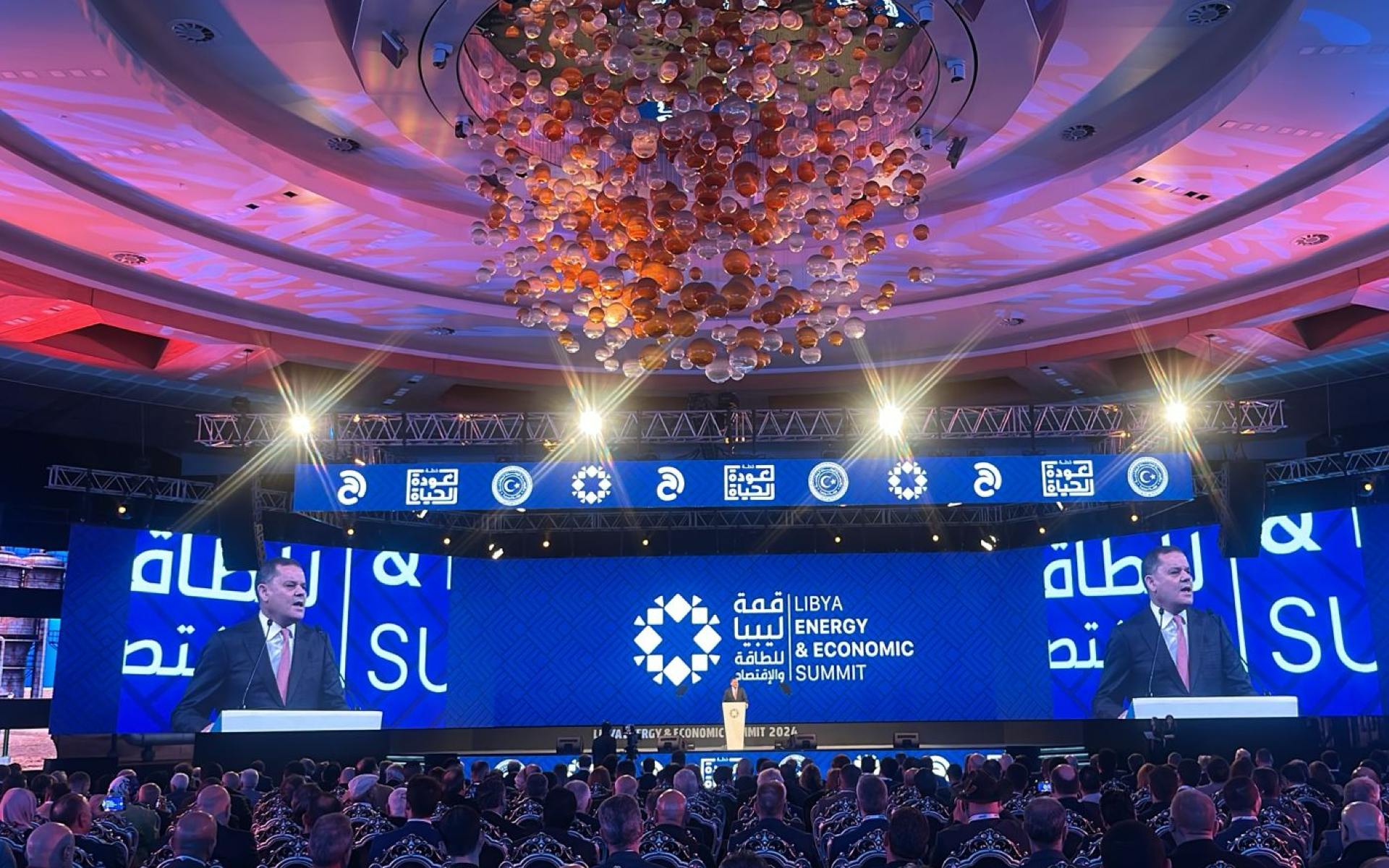Libya is making massive strides closer to unlocking the entire capacity of its oil and fueloline industry, operating intently with global strength agencies and companions to pressure new funding throughout the energy value chain. As the country kickstarts a brand new technology of enterprise achievement and prosperity, the African Energy Chamber (AEC) – representing the voice of the African electricity sector – is proud to endorse Libya’s premier energy event: the Libya Energy & Economic Summit, scheduled for January 13 – 14, 2024, at the Rixos convention center in Tripoli.
The summit is organized by Energy Capital & Power (ECP) in collaboration with the Office of the Prime Minister; the Ministry of Oil & Gas; the National Oil Corporation (NOC) of Libya; and the Renewable Energy Authority of Libya. The summit connects key policymakers, industry leaders, and stakeholders from both the Libyan energy sector and broader global economy to discuss creating a new Libya, one that is built on energy.
The summit will be held in Tripoli, the capital city of Libya, and will be attended by a host of dignitaries, including the Prime Minister of Libya, the Minister of Oil and Gas, and other high-ranking officials from the energy sector.
The summit will focus on the following topics:
● The role of the energy sector in driving economic growth in Libya.
● The latest developments in the oil and gas industry in Libya.
● The future of renewable energy in Libya.
● The role of international energy companies in the development of the Libyan energy sector.
● The summit will also feature a number of panel discussions, keynote speeches, and networking opportunities for attendees.
The African Energy Chamber (AEC) has expressed its confidence in the success of the summit, stating that it is an important step towards unlocking the full potential of Libya’s energy sector.
The summit is expected to attract a large number of attendees from across the globe, including policymakers, industry leaders, and investors. It is hoped that the summit will help to drive new investment into the Libyan energy sector, creating new opportunities for growth and development.
“Libya is committed to cleaner energy and has identified five key gas flaring reduction projects that are worth watching closely. These projects aim to not only reduce environmental impact but also unlock economic opportunities for the country.” Energy Capital & Power’s Co-Founder said on linkedin.
Here are the top five projects:
Akakus Oil Operations: Directing flare gas to generate electricity for the El Feel field, replacing crude oil and saving an estimated $20.8 million annually.
Mellitah Oil & Gas: Utilizing flare gas for processing and economic use at the Abu Attifel field, with a projected economic benefit of $45 million annually.
Arabian Gulf Oil Company: Reactivating a dormant nicely at the Mesla discipline to redirect fueloline for power generation, decreasing carbon emissions.
National Oil Corporation (NOC): Partnering with the U.S. Agency for International Development to enhance transparency and service delivery across the energy sector.
Zueitina Oil Company: Investing in a gas processing plant to utilize flare gas for power generation and potentially export LNG.

Abdul Hamid Dbeibah, the Prime Minister of the Government of National Unity, confirmed that the government has provided unlimited support to the oil and energy sector, developed the infrastructure of oil fields, and expanded exploration to contribute to the national economy and double oil and gas production.
Dbeibah stated at the Libya Energy & Economic Summit in Tripoli on Saturday that the government has sought to create important programs to revive the national economy and solve the difficulties facing development in the oil and gas sector.
He added that the electricity energy file was a major challenge, and they made efforts to stabilize the electricity network that we see today, which the citizen has experienced. He confirmed the government’s commitment to renewable energies that allow the use of solar energy technologies.
Dbeibah explained that the government launched the National Renewable Energy Strategy last December, and that Libya’s geographical location qualifies it to establish the largest solar energy fields to self-suffice from electricity and export the surplus.
The Prime Minister pointed out that this event encourages heads of capital to invest in Libya, which is what we are working on through projects to restore life.

